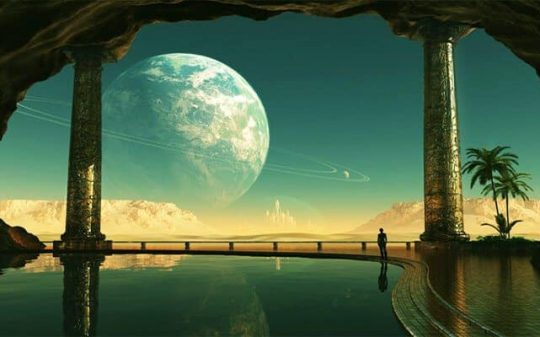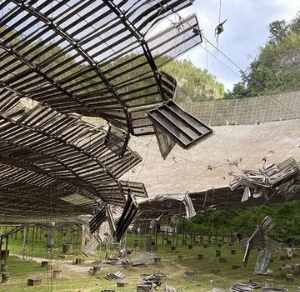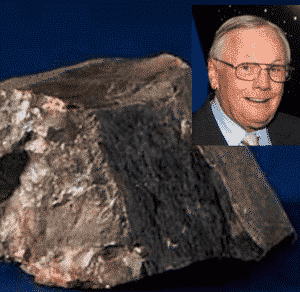Hasty climate change, ever-growing pollution level and overpopulation are some of the main reasons why scientists believe that our planet’s limits will be exceeded within a short span of time, making it a challenge for the human race to benefit from only one planet while moving at the current pace.
The life on our planet is quickly downgrading because of human activities, that’s why a conspicuous NASA scientist believes we may need to terraform more than one planet in order to preserve our species.
“The entire ecosystem is crashing,” said Dennis Bushnell, chief scientist of NASA’s Langley Research Center. “Essentially, there’s too many of us. We’ve been far too successful as the human animal. People allege we’re short 40-50 percent of a planet now. As the Asians and their billions come up to our living systems, we’re going to need three more planets.”
You’ve heard it well – we may need two other Earth-like planets to overcome the crisis we find ourselves into at the moment, and although Mars seems like the winning project, we may need to put more work into finding yet another celestial body to grow life on. More information on global challenges and how to overcome them have been put forward by Bushnell in The Millennium Project’s ‘State of the Future,” an annual report that’s comprising the ideas of more than 5,000 participants around the world.
“If NASA terraforms Mars, that’ll take about 120 years, and that’s only one planet,” he said. “We’d need more shortly.”
According to a 2012 study underwent by World Wildlife Fund, humans are using approximately 50 percent more resources than the Earth can bear, meaning that by 2050 we’ll be in need of other planets to harvest and exploit if we want to survive and maintain the current lifestyle. The study also referred to the need of colonizing two planets other than Earth, with the main threats this time being a cataclysmic event caused by an asteroid or the well-known nuclear war scenario.
Although scientists failed to identify the third planet to move to, since the Solar System looks pretty desolate when it comes to lifeforms and conditions to support them, they consider the initiative of terraforming Mars to be a good start. However, with the current shift in technology, we’ll be able to extract essential resources from celestial bodies such as comets and asteroids which seem to be found in abundance between the orbits of Mars and Jupiter. So, is a permanent Martian base going to solve this deep crisis we find ourselves into, or should we look elsewhere if we are to overcome this challenge?
According to Jerome Glenn, CEO of the Millennium Project, we should identify Earth’s issues by looking (obviously) at the Earth itself, meaning that whatever challenges lie ahead of us we should be able to overcome them by transforming the planet we currently live on so that it suits the collective needs of our species.
“The point isn’t to be alarmist or cynical,” said Glenn. “We have to find out what’s intelligent to do to make this species survive. If you think the problems aren’t going to get better, then why try. And if you think there aren’t problems, then why change anything?”
An example of how to use our planet’s resources more efficiently comes from Bushnell who suggests that leaving the planet shouldn’t be the first priority, but instead become better resource managers and find other usages for the resources we have in abundance. His solution is based on salt water farming that would allow for Halophytes, a class of plant that does remarkably well in salty environments, to be ultimately transformed into biofuel. This system would allow for massive crops to be grown in the middle of the oceans. The irrigation will be based exclusively on saltwater and the finite product will be used as a bio-fuel for our many usages. Just picture a lot of underdeveloped countries producing cheap bio-fuel inevitably leading to a better economy and a radical increase in day-to-day living.
“With that, you could solve land, food, water, energy, and climate. All of that comes together,” he said.
If the ruling elite class will allow for a planetary state of well-being we are yet to find out, but if you don’t believe in miracles, maybe it’s time to pack your bags and move to Mars. After all, you’ll never know what the future holds. (source)










